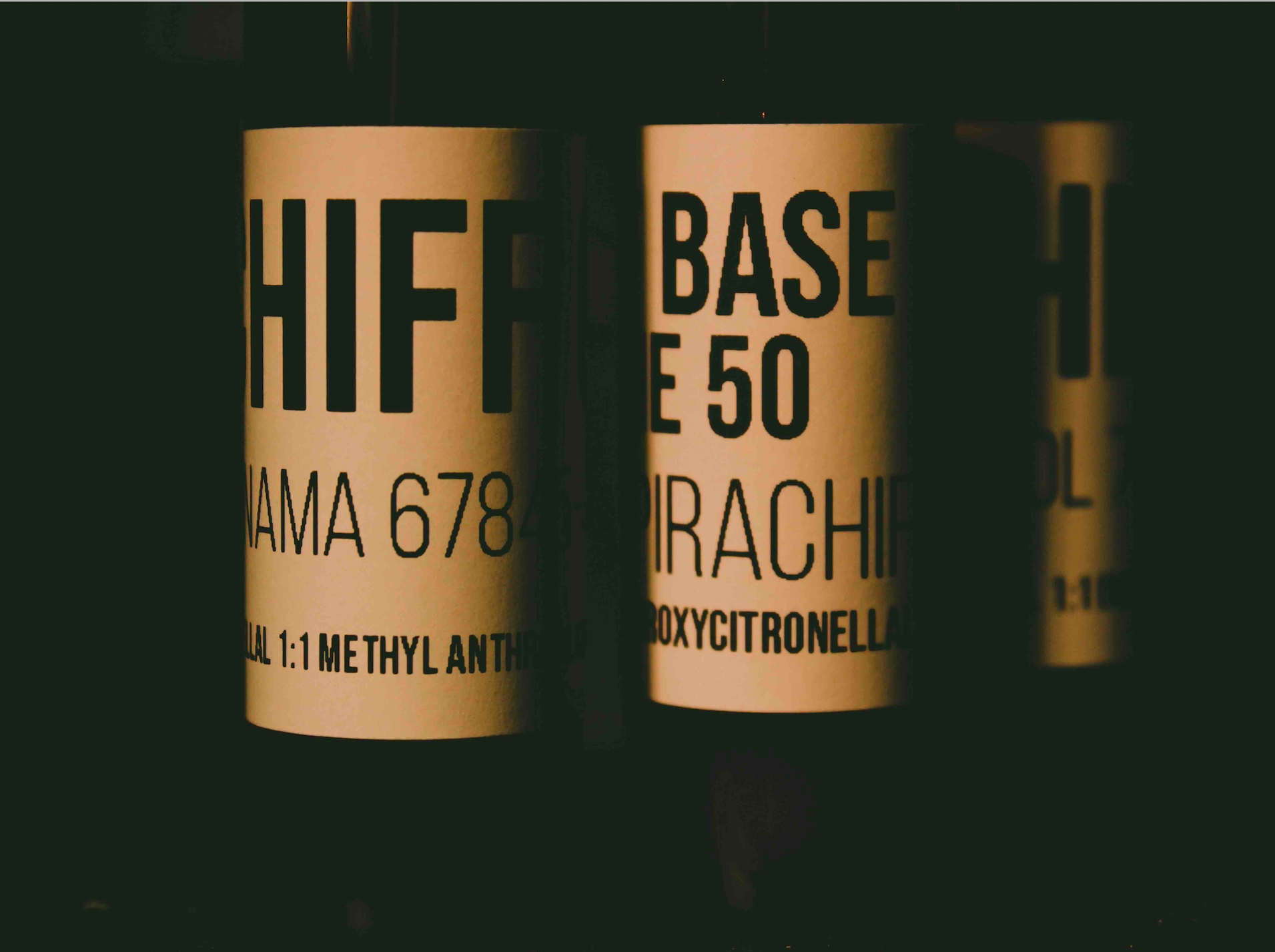Accusations of chemical weapon warfare and violation of jus in bello during the Russia-Ukraine war permeate both sides of the battlefield.
On Feb. 9, Ukraine put forward an accusation against Russia, claiming that in January alone, 200 toxic chemical attacks were conducted by Russian forces. Particularly, Colonel Oleksandr Shtupun from the Tavria military group in the southeastern Ukrainian front line claimed that Russian forces have been employing K-51 grenades with chloropicrin in their attacks.
An allegation of chloropicrin usage against Russia is particularly bleak, seeing as the chemical is a choking agent that was regularly employed by Moscow during World War I. This chemical component disperses as a gas, and when inhaled, creates air sacs inside the lungs, creating a choking or drowning effect in victims.
These allegations also follow recent accusations from Ukraine’s General Staff pointing to the use of CS gas, otherwise known as tear gas, by Russian forces on the battlefield. CS gas is categorized as a riot control agent chemical, causing temporary irritation in the eyes, mouth, skin and lungs.
Though the chemical is widely used by police forces, it is prohibited for wartime use under the International Chemical Weapons Convention. According to the Organization for the Prohibition of Chemical Weapons, states have autonomy to stock CS gas and use it domestically, but as soon as the gas is used as a weapon of war, a distinction is drawn and the gas is then regarded as a chemical weapon.
Remarkably, Ukrainian officials are not the only ones that have alleged the use of chemical warfare throughout the war. Last February, Russia put forward similar accusations against Ukrainian forces, noting the alleged usage of chemical weapons by Ukrainian drones.
At large, Russia has routinely denied accusations of chemical weapon usage in the conflict, instead diverting attention to alleged biological weapon attacks coming from Ukraine, which have yet to materialize. Such allegations have been regarded by Ukrainian allies and field experts as Russia creating a narrative of Ukrainian aggression to justify a false flag attack using the tactics they say to condemn in their allegations.
Moreover, other experts believe that Russia is attempting to provoke a violent response by using CS gas in their attacks, hoping that Ukraine will respond with stronger chemical agents. Though the use of CS gas goes against Section 1 of the International Chemical Weapons Convention, a Ukrainian counterattack with stronger chemical gasses would result in serious war crimes.
As allegations of chemical weapon usage proliferate across Ukrainian and Russian frontlines, gaining consciousness of international law and the nuances of war crimes is increasingly relevant in understanding the favoured methods of Ukrainian counterattacks at depth.


